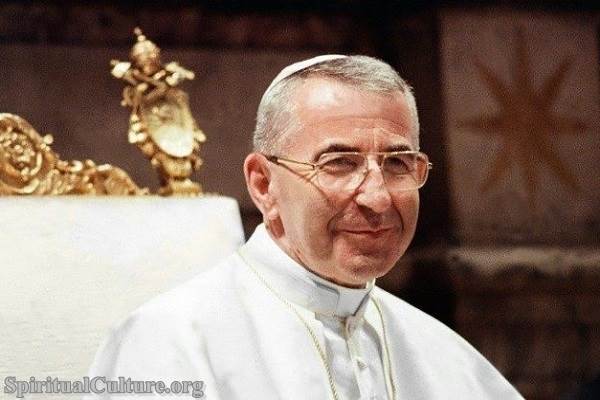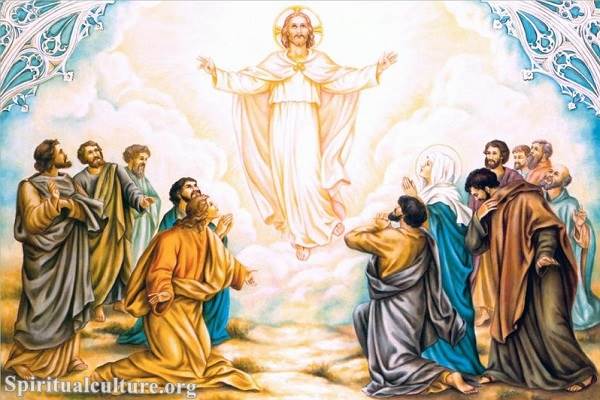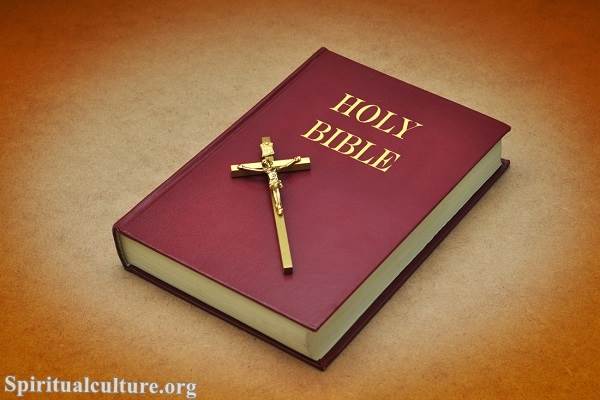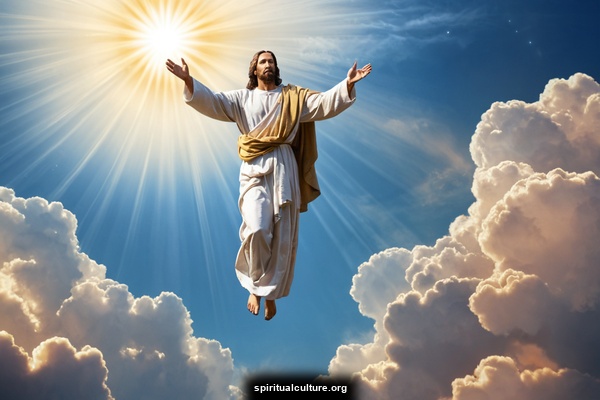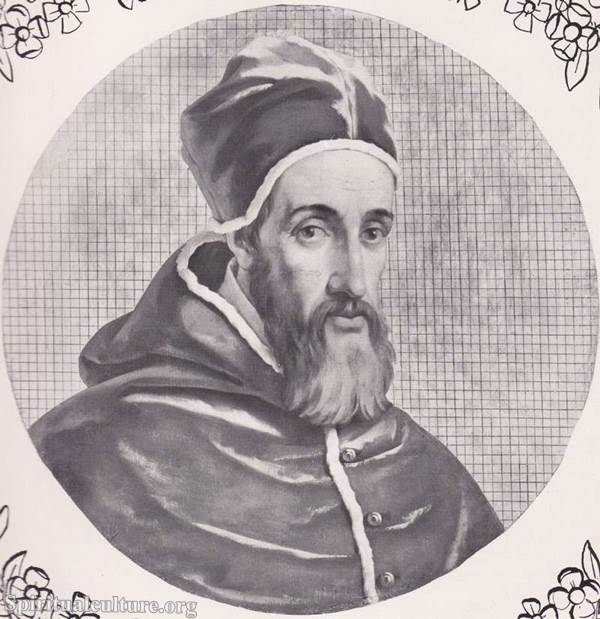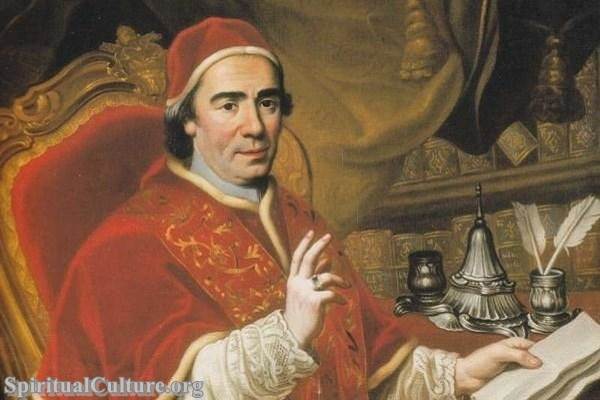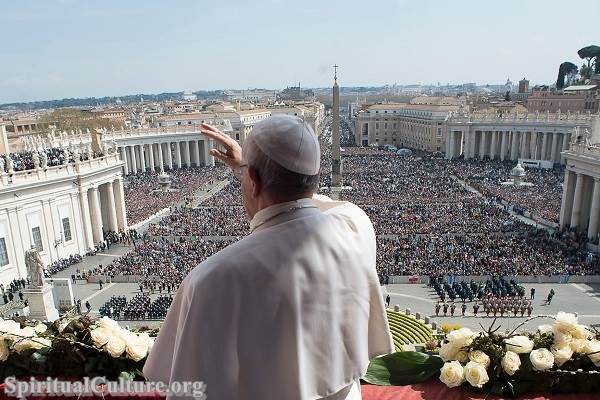Pope Pius XII’s pontificate, which spanned from 1939 to 1958, was marked by the horrors of World War II, the rise of communism, and significant developments in the Catholic Church.
Catholicism Under Pope Pius XII
Pope Pius XII was known for his staunch defense of traditional Catholic beliefs and practices. He championed the primacy of the papacy, the sanctity of life, and the importance of the family. His encyclicals, such as “Humani Generis” and “Mystici Corporis Christi,” reinforced Catholic doctrine on key issues like the nature of the Church and the danger of modernist interpretations of theology.
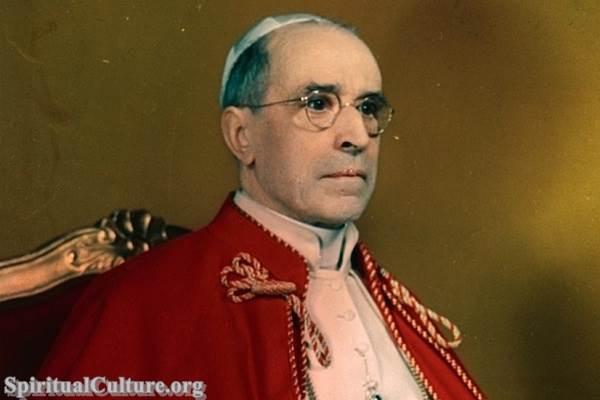
Pope Pius XII (1876-1958)
Pope Pius XII also took significant steps to modernize the Catholic Church. He instituted reforms in liturgy, canon law, and church administration. He updated the Code of Canon Law, a critical body of laws for the Catholic Church’s governance, and approved a new translation of the Bible. He also streamlined the Roman Curia, the administrative apparatus of the Holy See, to improve its efficiency and responsiveness.
The Pope was also a strong advocate for social justice, as evidenced by his encyclical “Quadragesimo Anno.” This document, issued on the 40th anniversary of Pope Leo XIII’s groundbreaking encyclical “Rerum Novarum,” reiterated the Church’s commitment to the rights of workers and the principles of economic justice.
Catholic Response to World War II
Pope Pius XII’s pontificate was notably marked by World War II. His actions during this period have been the subject of much debate. Some critics accuse him of not speaking out forcefully enough against the Holocaust and the atrocities committed by the Nazi regime. Others, however, argue that he worked quietly behind the scenes to save Jews and other persecuted groups from the Nazis.
Indeed, Pope Pius XII made numerous public statements condemning the war and its associated atrocities. In his 1942 Christmas message, he expressed his deep sadness at the “hundreds of thousands of persons who, without any fault on their part, sometimes only because of their nationality or race, have been consigned to death or to a slow decline.”
Moreover, the Vatican, under Pope Pius XII’s leadership, provided discreet assistance to Jews and other refugees. This included issuing false baptismal certificates and other documents to help Jews escape from Nazi-occupied territories. The Vatican also sheltered refugees, including Jews, in its properties in Rome and other parts of Italy.
Post-War Catholicism and the Rise of Communism
After World War II, Pope Pius XII faced the challenge of a rising communist threat. He was a vocal critic of communism, which he saw as fundamentally incompatible with Catholicism. His encyclical “Divini Redemptoris” condemned communism as “a system full of errors and sophisms” that “subverts the social order.”
Despite this opposition, Pope Pius XII worked tirelessly to keep the lines of communication open with communist countries. He sought to ensure the survival of the Catholic Church in those areas, even under oppressive regimes.
Conclusion
Pope Pius XII’s pontificate was marked by significant challenges and changes. Through it all, he remained steadfast in his commitment to the Catholic faith and its teachings. His leadership during a time of global conflict and ideological strife demonstrated the relevance and resilience of Catholicism in the modern world. Despite the controversies that marked his papacy, Pope Pius XII left an indelible imprint on the Catholic Church and the world.
